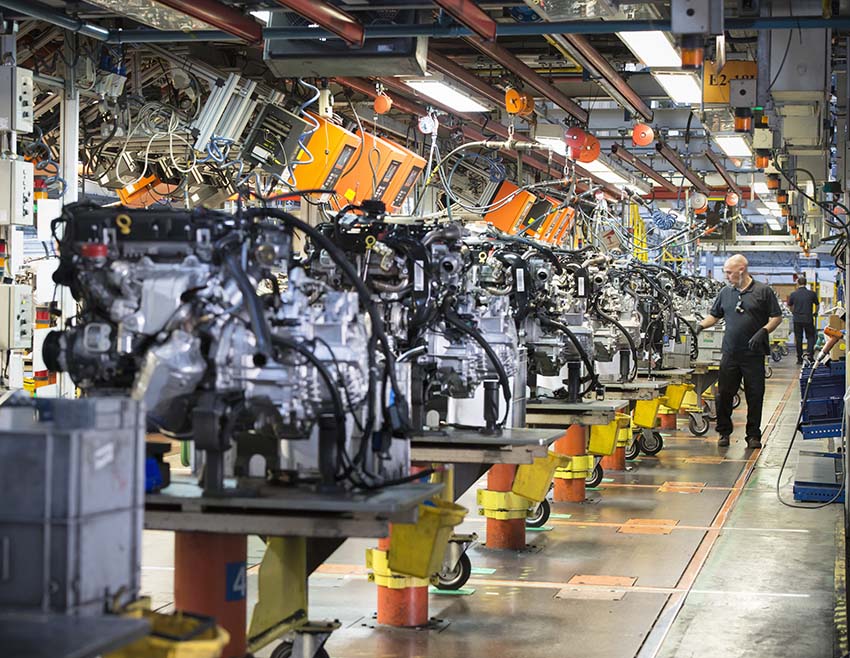This course sets out to show you how economics is often a discipline with a multitude of perspectives and traditions that go beyond mainstream economics.
You will get a flavour of the mainstream and neoclassical, as well as many alternative heterodox perspectives: Marxist, post-Keynesian, Feminist, Institutional, Evolutionary economics, and Ecological economics. See for instance, the account of a renowned feminist macroeconomist, Professor Jayati Ghosh, on the importance of Economics in creating and sustaining but also in tackling global challenges.
In Session 1, you will explore the extent to which climate change and other environmental degradations raise the question of whether there are biophysical limits to economic activity.
In Session 2, you will come across several different accounts of how the economy is conceptualised, whether and how economic inequality needs to be tackled, and whether economic growth is a useful policy objective. According to the classical account of Marxist political economy, economic growth occurs when capitalists re-invest their profits and expand their production. Marxist economists, however, are highly critical of this process, describing it as inherently unstable.
In Session 3, you will explore how competition works through price and innovation, and how different schools of thought theorise about their importance. You will also learn that firms can engage in anticompetitive behaviour and use their competitive advantage to deter competition, and how regulators work to impede this behaviour.
This course is an adapted extract from the Open University course DD320: Doing economics: inequalities, innovation and environment.
Course learning outcomes
After studying this course, you should be able to:
- engage with key concepts, debates, methods and theories from a plurality of economic perspectives
- apply economic concepts, theories and evidence to construct economic arguments
- integrate mathematical, diagrammatic and verbal analysis of economic issues
- compare and evaluate different theoretical approaches within economics.
First Published: 01/05/2025
Updated: 01/05/2025
